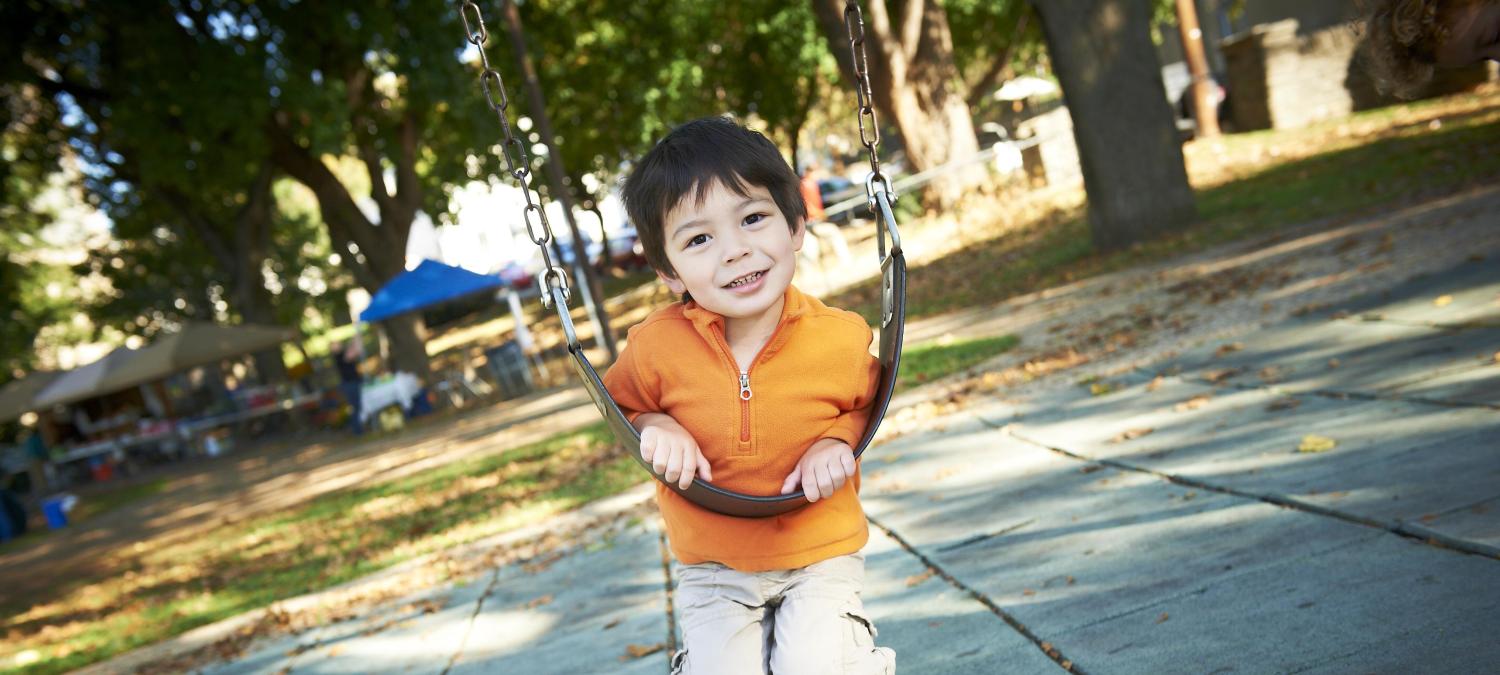

Publications
Search Tips
- Oct 2025
The 2021 expanded Child Tax Credit (ECTC) provided families with six monthly cash transfer payments disbursed between July and December 2021, with the goal of alleviating financial strain during the COVID-19 pandemic. These payments reduced child poverty and food insufficiency and…
- Oct 2025
OBJECTIVEThe Family Bridge Program was developed at a single pediatric hospital to improve outcomes for hospitalized children from families of color, who are low income, or who speak a language other than English. The program uses a family navigator (“Guide”) that supports families via…
- Sep 2025
Background: The association between child abuse pediatric (CAP) assessments and child welfare outcomes is unknown.Objective: To determine the association between a CAP determination of the likelihood of physical abuse and change in child placement. We hypothesized that child…
- Sep 2025
Public schools are a key setting for the delivery of evidence-based prevention (Tier I) and early intervention (Tier II) programming to support student mental health. However, there are substantial implementation challenges in this setting. Using the Exploration Preparation…
- Sep 2025
BackgroundTransitioning from pediatric to adult sickle cell disease (SCD) care is challenging for emerging adults (aged 17-25 years). This period is marked by a 7-fold increase in mortality rates and has the highest rates of hospitalizations, emergency room visits, and hospital…
- Sep 2025
BACKGROUND AND OBJECTIVESRecent regulations require that hospitals screen families for health-related social needs (HRSNs), but many hospitals lack the resources and infrastructure to address these needs. Social workers (SWs) and community health workers (CHWs) play a critical role in…
- Aug 2025
Uncorrected vision problems can exacerbate learning difficulties, social isolation and emotional distress. Children in foster care already face disproportionate risk for these difficulties. Early identification and treatment of vision issues can significantly improve a child’s ability…
- Aug 2025
PolicyLab responded to a request for comment from the U.S. Department of Health and Human Services on the Personal Responsibility and Work Opportunity Reconciliation Act of 1996 (PRWORA); Interpretation of “Federal Public Benefit”.In their response, contributing PolicyLab experts…
- Aug 2025
K-12 schools are well positioned to address rising mental health challenges among youth, and school and district staff (i.e., "educators") have important perspectives about youth mental health. There is a need for research to identify educators' specific areas of concern about youth…
- Aug 2025
The COVID-19 pandemic has been linked to increased risk for perinatal anxiety and depression among parents, as well as negative consequences for child development. Less is known about how worries arising from the pandemic during pregnancy are related to later child development, nor if…